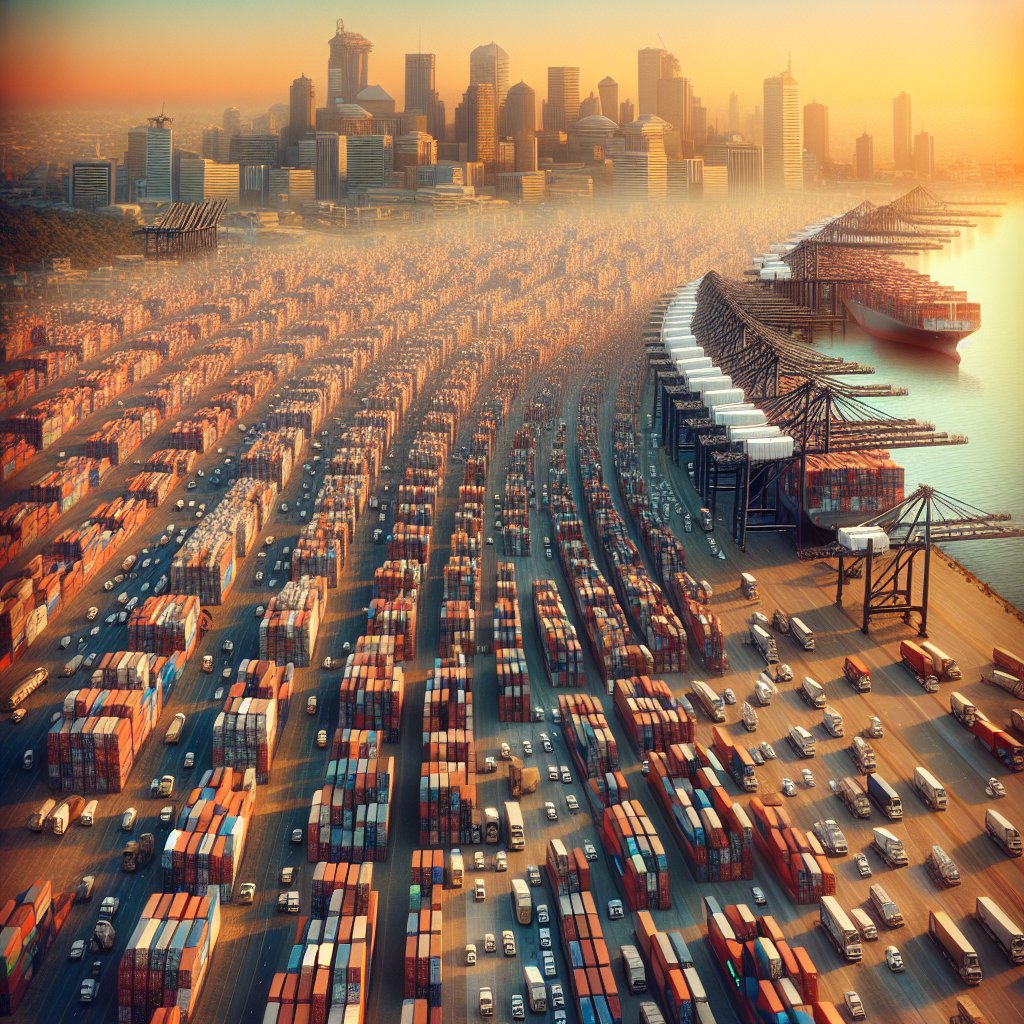Image: AI generated for illustration purposes
Port Pileup Pains: How Durban's Backlog is Bruising Eastern Cape's Manufacturing Muscle
A debilitating container backlog at the Durban Port is sending shockwaves through the Eastern Cape's manufacturing industry, particularly crippling its economic bedrock: the automotive sector. The extensive delay, with more than 70,000 containers stalled, has compelled manufacturers to switch to road transportation, a significantly pricier and more perilous alternative that is putting a strain on the region’s financial and operational efficiency.
In a bid to decongest the gridlock, the Durban Port has been racing against time to clear the accumulating containers. However, the adverse effects are far-reaching, extending to the Eastern Cape’s Gqeberha Port and Ngqurha and severely upsetting the flow of commerce. The dilemma facing the manufacturers in the Eastern Cape is not an isolated incident, but an acute representation of the broader issue affecting supply chains and business operations countrywide.
Nelson Mandela Bay's businesses are veering off-norm due to these unprecedented delays. Denise Van Huyssteen, CEO of the Nelson Mandela Bay Business Chamber, paints a grim picture of the current circumstances. Major shipping lines have started bypassing local ports, cornering manufacturers into overreliance on roads to reach markets in cities like Windhoek and Maputo. This diversion not only escalates operational costs but also extends the time for products to reach the market.
The ripple effects of the port congestion have had more severe consequences. Production lines ground to a halt, workers thrust into uncertain employment periods due to reduced hours, and the inevitable economic shockwave passed onto consumers signify the gravity of the situation. The business sector’s endurance is being tested, prompting audible calls for remedial action.
Acknowledging the urgency of the issue, the Democratic Alliance (DA) in the Eastern Cape has issued an appeal to Premier Oscar Mabuyane, seeking the intervention of the National Government. The DA's communication underscores the waning patience of the automotive sector, a heavyweight in the provincial economy, alerting authorities to the negative economic repercussions that loom overhead.
Spurring national intervention, the party’s letter to the Premier underlines the potential loss of revenue not only for the Eastern Cape ports but also for the two provinces' broader economies. They elaborate on the dissatisfaction of significant companies, including automotive titan Volkswagen, and highlight extra expenses incurred when ships are forced to bypass Eastern Cape ports due to the protracted delays.
At this time, attempts to garner a response from the Office of the Premier have not yielded results. Meanwhile, Transnet, the state-owned entity entrusted with the management of the country’s ports and railways, has its sights set on remedying the container logjam between February and March of the next year. The prolonged timeline does little to assuage immediate concerns and the necessity for more agile solutions remains at the forefront of the conversation.
The ongoing disruption at Durban Port exemplifies the intricate interdependencies within South Africa's transport infrastructure, and its direct impact on wider economic health. The call to action is clear: comprehensive strategies and improvements in logistical efficiencies are imperative to safeguard the continued growth and prosperity of Eastern Cape's manufacturing base, and by extension, South Africa’s economic stability.










